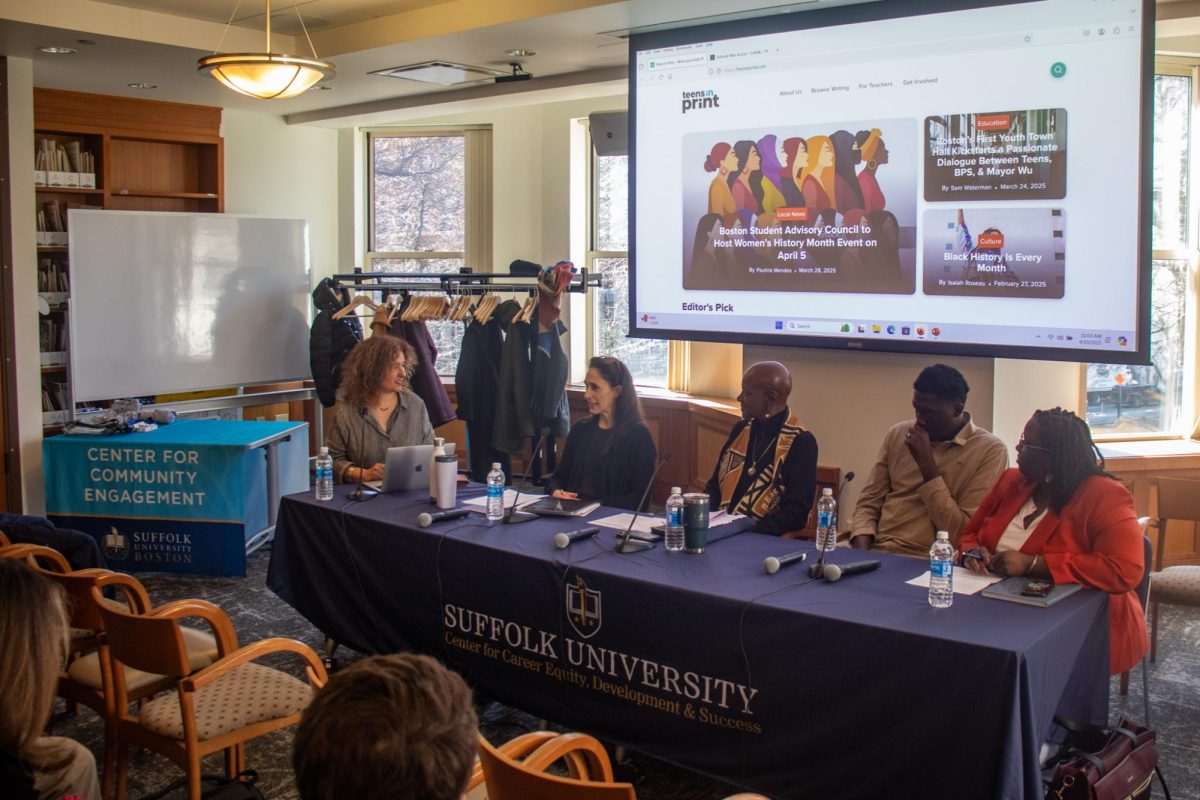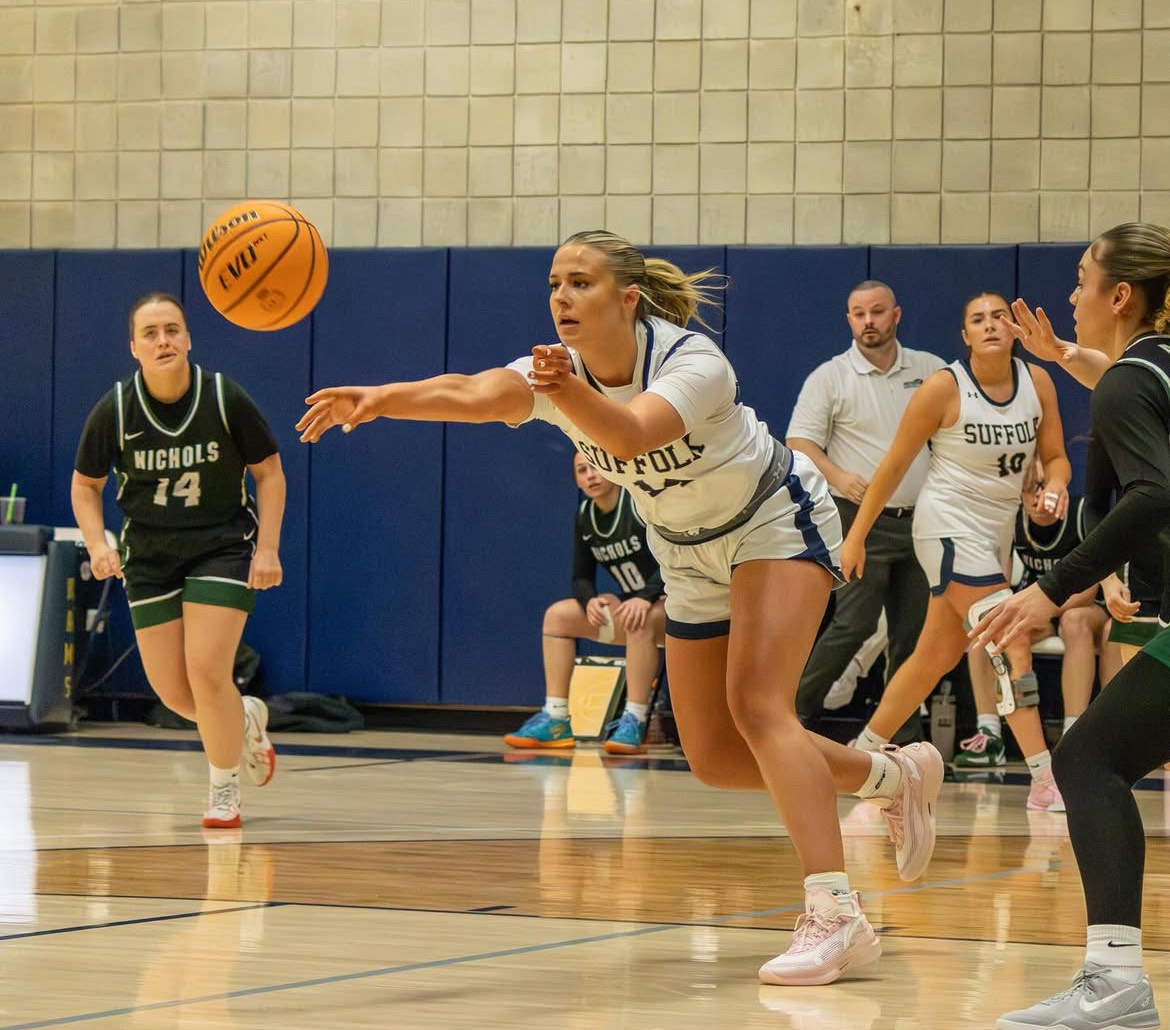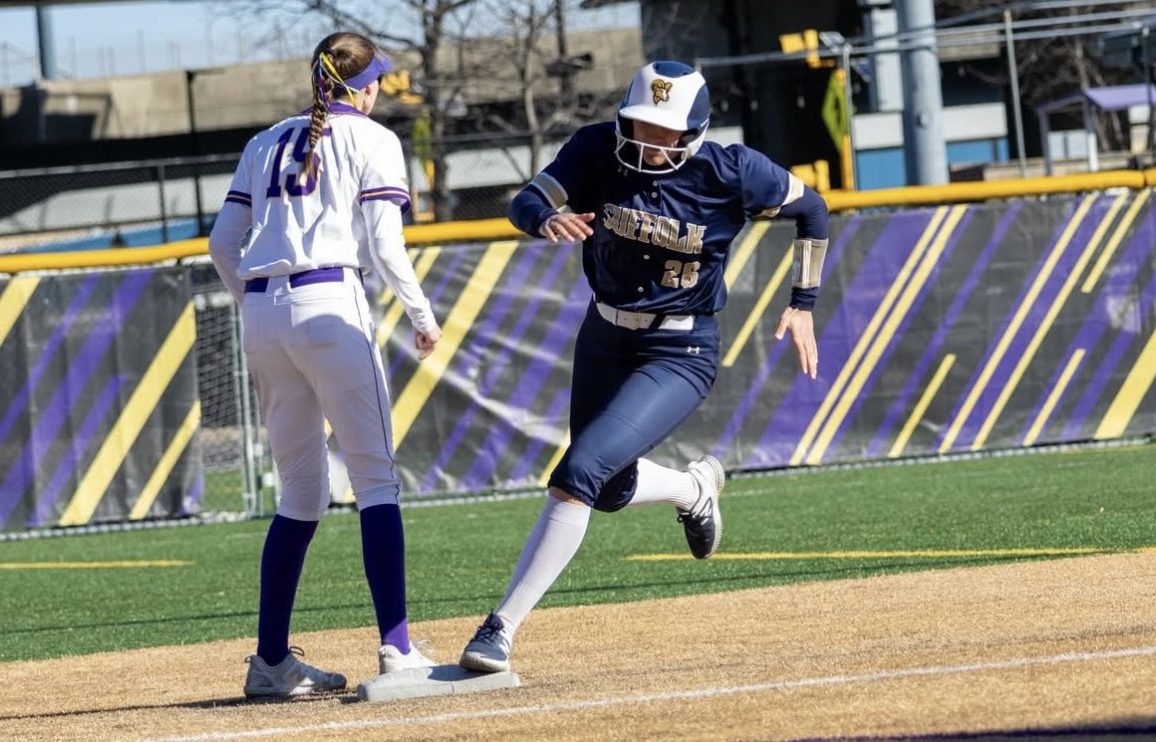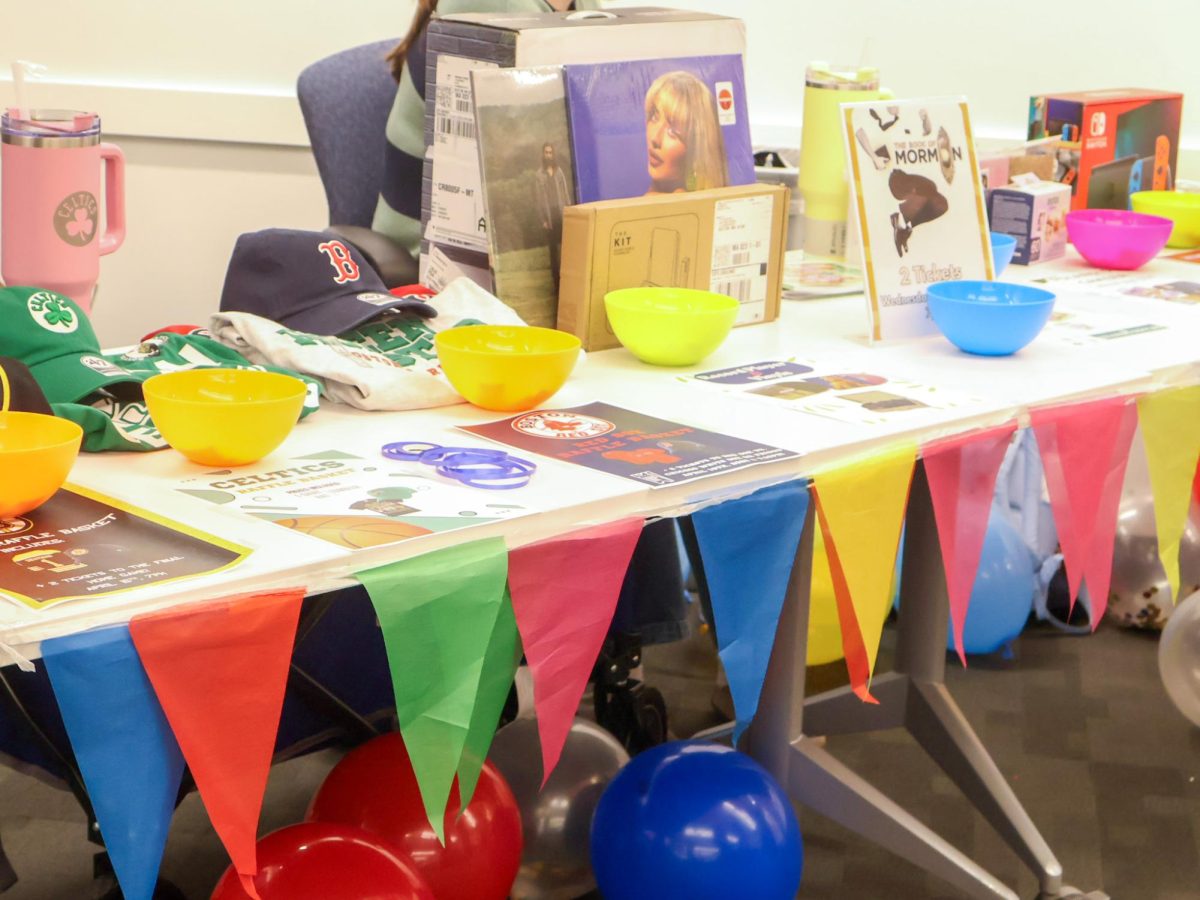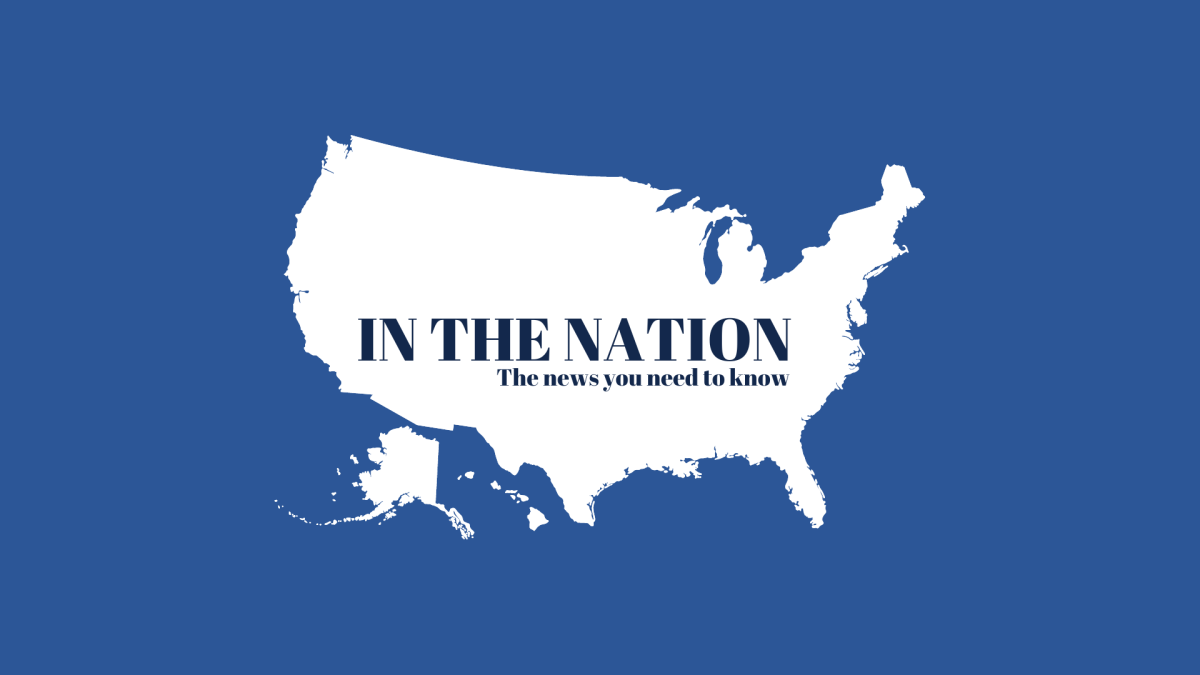Members of Suffolk University’s Black Student Union met with university officials at a Town Hall meeting Nov. 28 as discussions on the Black Studies program continue.
The discussion was conducted between members and College of Arts and Sciences Dean Edie Sparks, Marjorie Salvodon, Associate Dean of Experiential Learning, Global Education & Public Impact and Interim Dean of Black Studies, who disclosed the next steps toward furthering the Black Studies program.
Sparks proposed to create an Ethnic Studies program last year, but was met with pushback from students who raised concerns about the potential erasure of the current Black Studies program. Students were concerned that creating a broader program of study would have the potential to neglect important aspects of the Black experience and historical significance.
Sparks said the perception of her work toward an Ethnic Studies program was interpreted incorrectly by students.
“I came to understand that move was, a) interpreted as a lack of commitment to Black Studies, b) failed to take into consideration the unique history and needs of Black Studies, the activism and important priorities of students on campus, and c) had the unintended consequence, that’s my view here, of giving the impression that I wasn’t interested in investing and continuing the study of colonialism and racism,” said Sparks.
Suffolk has been taking steps towards ensuring the consistent presence of Black Studies, but the university is still looking to fill staffing positions to keep these classes consistently available.
Sparks and Salvodon shared their plans for finding the right person to run the department, which would be a thorough process and allow students to voice their opinions. The current plan from faculty is to bring three potential candidates to campus during the spring semester.
“We really need and want you to be actively involved in the search … For you guys to get together, talk to the person as another human being who is invested in Black Studies and works in Black Studies,” said Salvodon.
The search is interdisciplinary according to Sparks, who shared a wide array of potential degrees and backgrounds the new faculty could come from. Scholars from any variety of social science backgrounds are being considered for the position.
Sparks clarified that the expectation would be that any candidate would have the background to support their involvement in the program, regardless of their degree.
Selvin Backert, BSU’s outreach committee chair, said he is thankful for the continued push from students to hold the university accountable and support Suffolk’s Black Studies program.
“I have been hopeful about the progress being made thanks to student activism and happy to see all the students who are letting their voices be heard throughout the process,” said Backert. “I hope there can be continued communication from the administration to the student body and the faculty.”
Salvodon shared that the program has always featured both local and international aspects of Black culture and history and would continue to encompass as many Black experiences as possible in its course selection.
“Black Studies has always been national and international, sort of broad, and it has never just been about African American studies. It’s always been woven in. We can’t study Black Studies outside of a context,” said Salvodon.
Sparks responded to students’ concerns about having to repeat this process in years to come. She ensured the longevity of a new department head by sharing that the plan is to tenure whoever is hired to fill the position.
Both BSU students and faculty speakers emphasized the importance of active engagement from the student body during this process. Students are encouraged to display interest in these classes as well as engage in a search for an associate professor of Black Studies.
“We need to pick up this minor to show that we have a voice and that we want to sustain Black Studies,” said newly elected BSU President Kayci Rese.
Backert emphasized that administration transparency and continued engagement with students and faculty is vital for the future of the program.
“Transparency and communication from the administration will be key in our continued effort to support Black Studies at Suffolk University,” said Backert.








